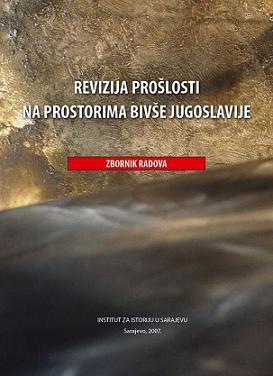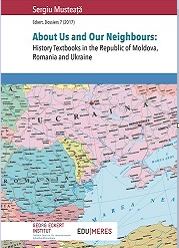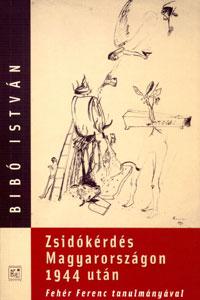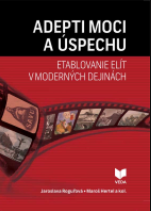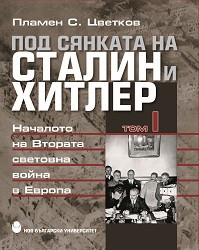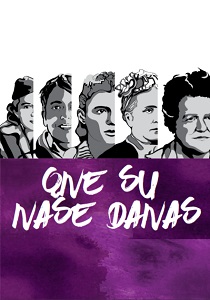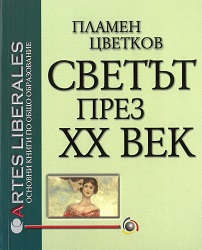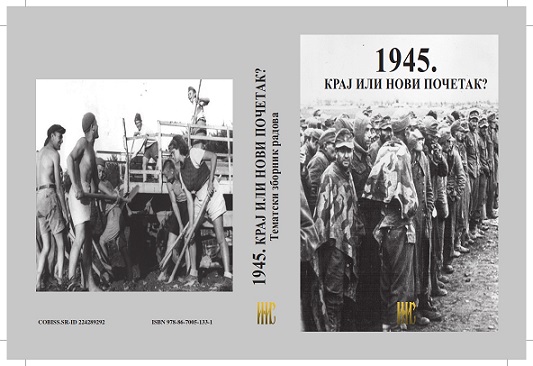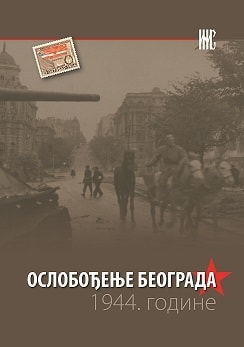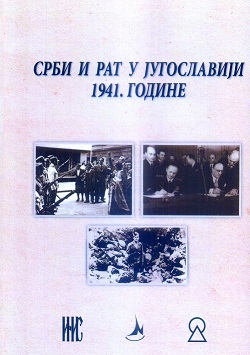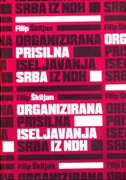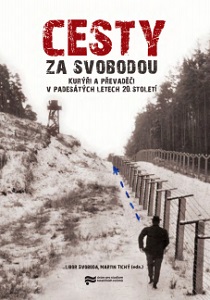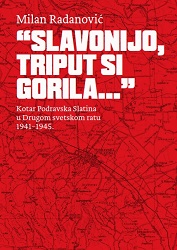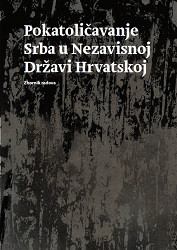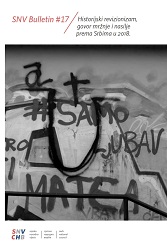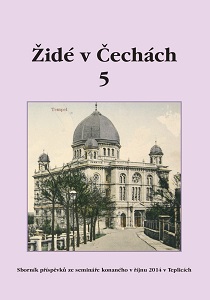Author(s): Sergiu Musteaţă / Language(s): English
The principal research question pursued by this work is as follows: How do the Republic of Moldova, Romania, and Ukraine present one another in their history curricula and textbooks? How do the history textbooks of each of these three countries present the relationship between majorities and minorities?This book is thus focused on two main objectives: first, to generate improved understanding of the state of the discipline of history in these countries via discussion of reforms to and debates around history curricula in each country, and second, to shed light on the ways in which history textbooks in each of the three countries represent the other two and their peoples.Curriculum development and textbook production in all three countries still remain centralised. Textbooks are produced by state and private publishing houses. Most textbooks are curriculum-based and developed according to the guidelines issued by the Ministries of Education. Through their textbook publishing policy, these ministries control the content and quality of textbooks. History curricula and textbooks in all three countries have progressed, but we still encounter many problems. Among them are the following:• the content of curricula and history textbooks continues to place too much emphasis on national aspects to the detriment of the world, regional, and local dimensions of history;• it reflects the history of wars and violence instead of giving more space to periods of peaceful coexistence, cooperation and cultural communication, or of mutual enrichment between various social groups as well as between nations;• it neglects regional history and cultural and historical links with neighbouring countries;• as it stands, it causes problems in history education and the development of ethnic identity, as well as the relationship between “Us” and “Others”;• it leads to or accepts poor textbook design.The relationship between national and European history remains a closely debated topic in all three societies. Their shared reality, as evidenced by this study, is that all three countries are currently not presenting one another in any meaningful way in their history textbooks at all educational levels. In all three countries, history education and textbooks are dominated by political history and narratives of victimisation. National histories do not pay attention to their neighbours.History textbooks play an important part in the process of collective identity formation, building a relationship with the past and creating an image of the “other”. The content of textbooks determines, in many cases, students' attitudes to their neighbours. Therefore, in order to improve the situation in history education and to develop a tolerant approach to “others” in history textbooks, there is a great need for joint efforts by politicians, professionals and members of civil society in Moldova, Romania and Ukraine.
More...
